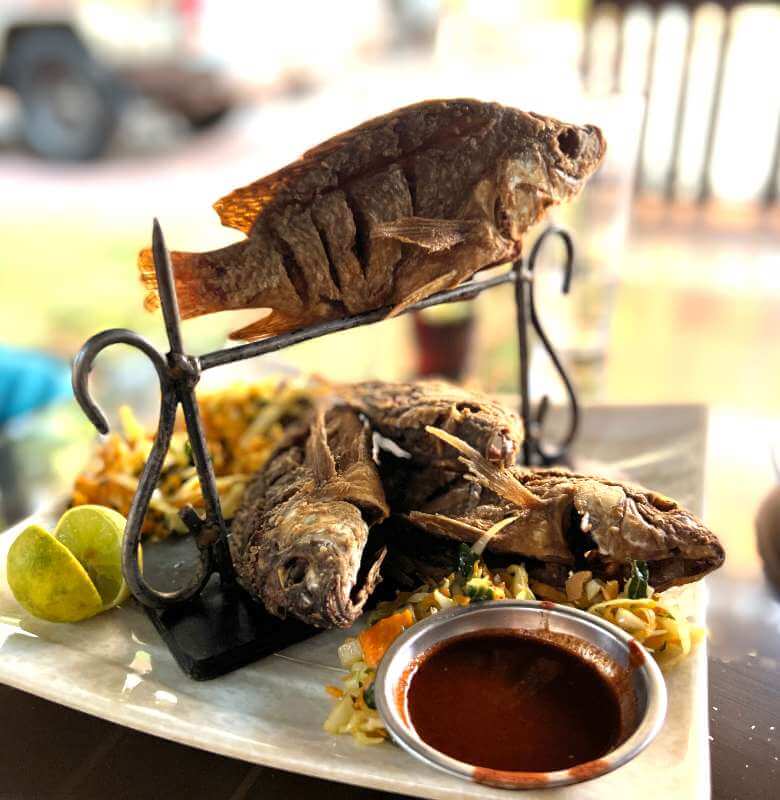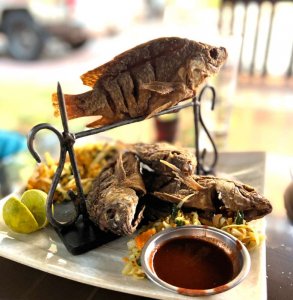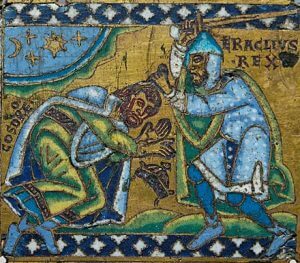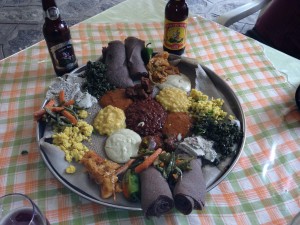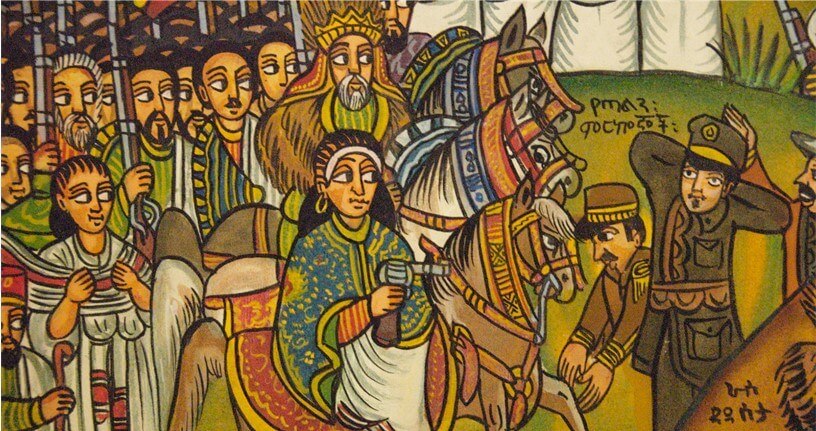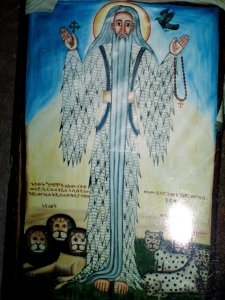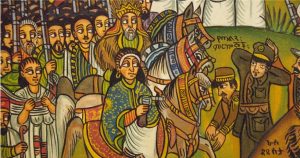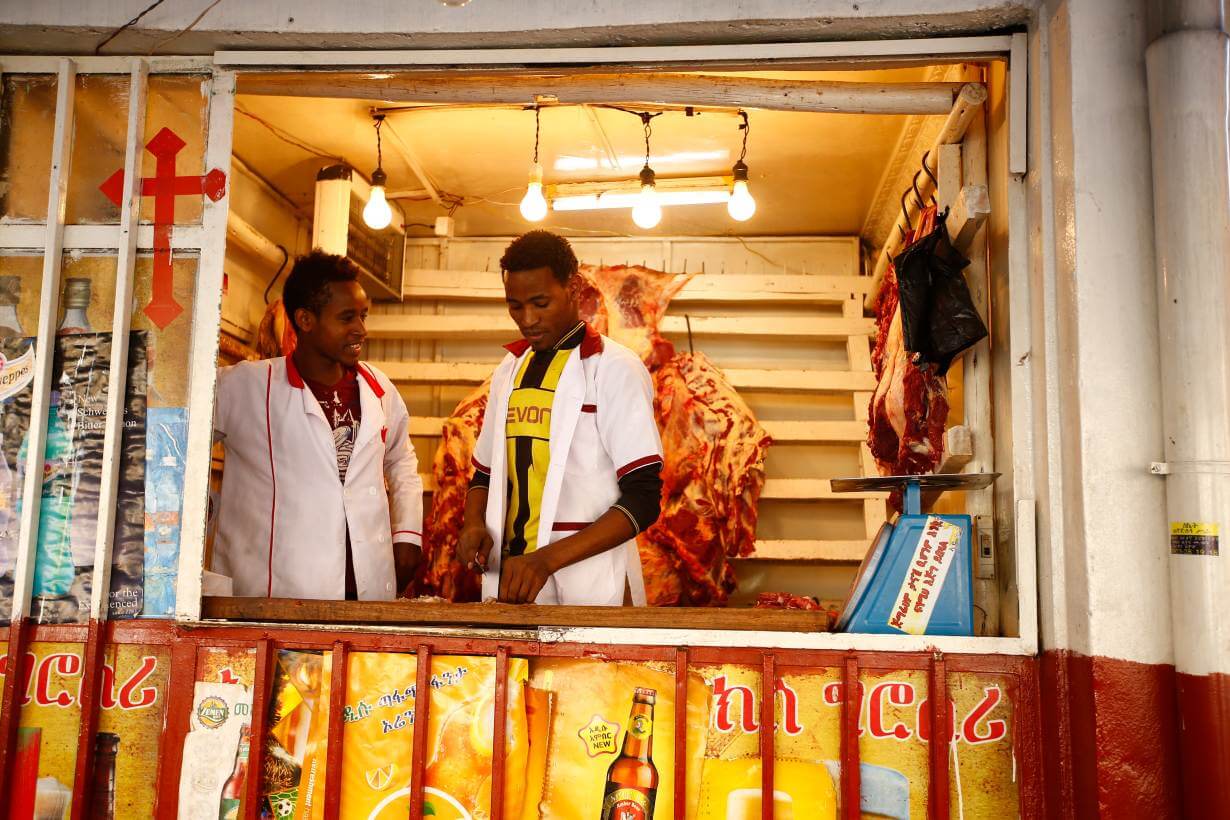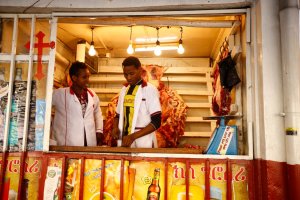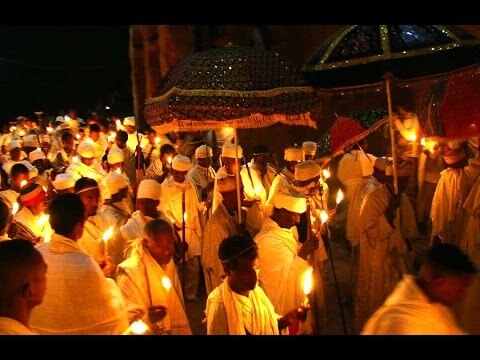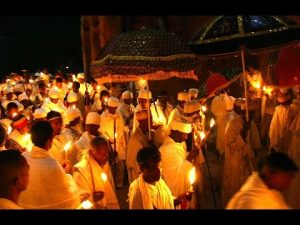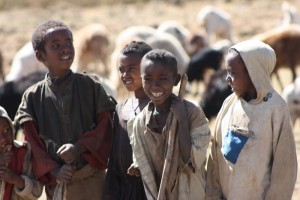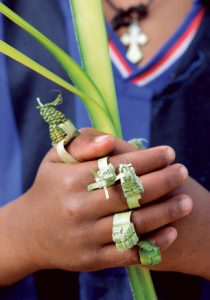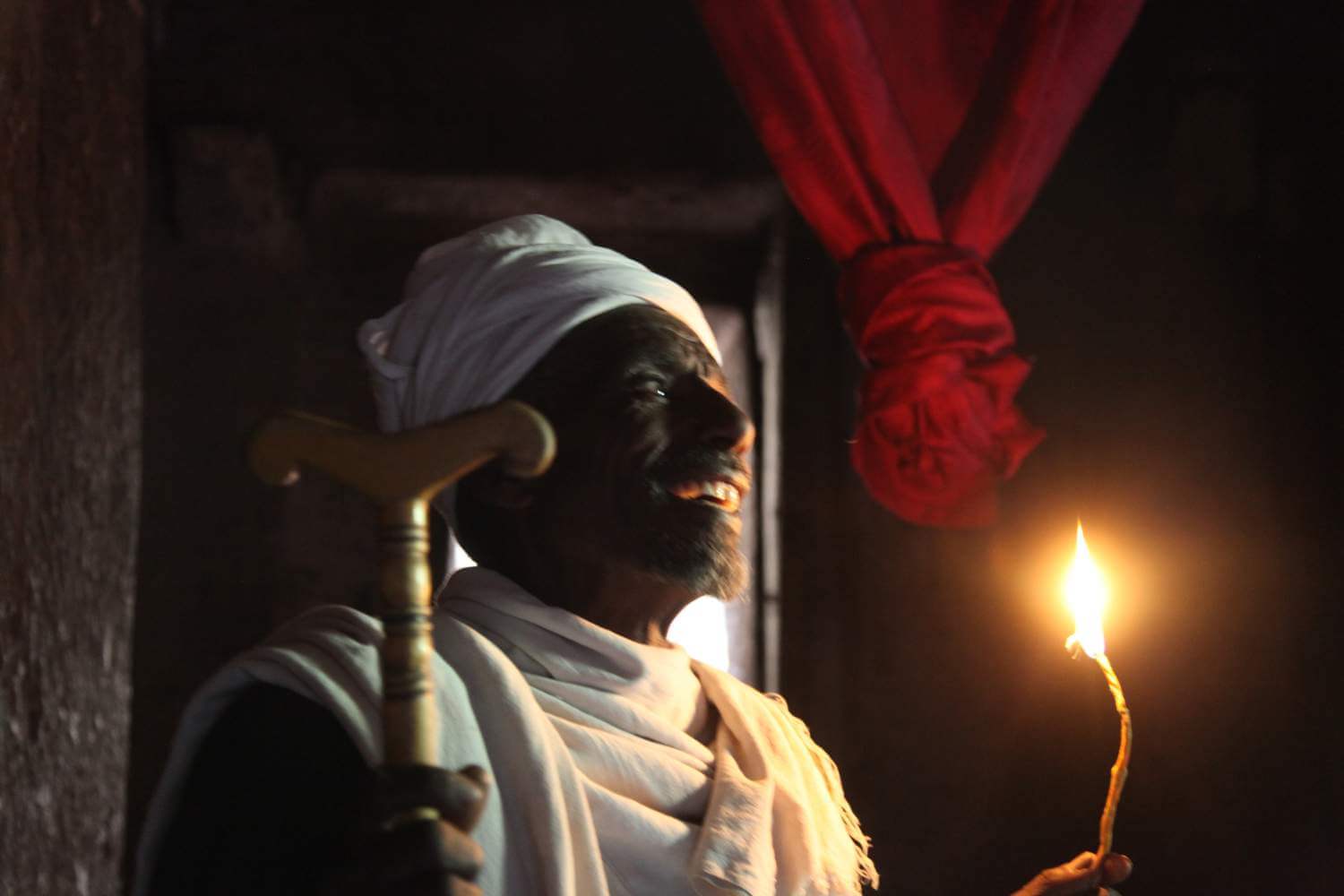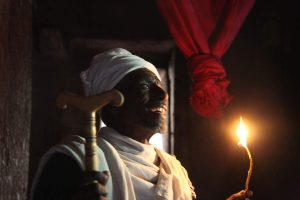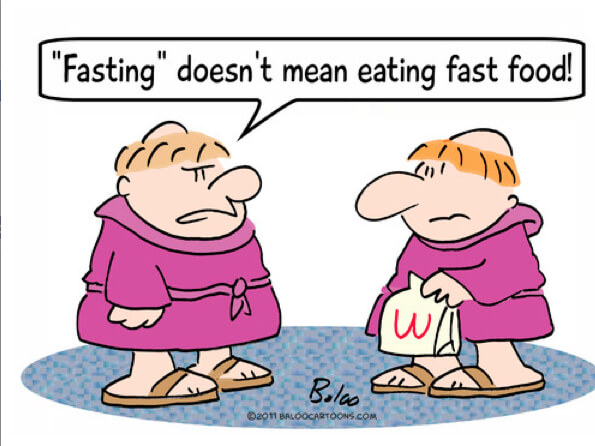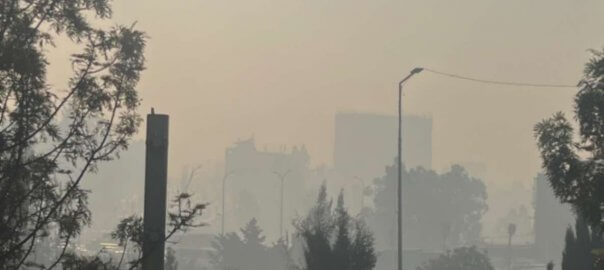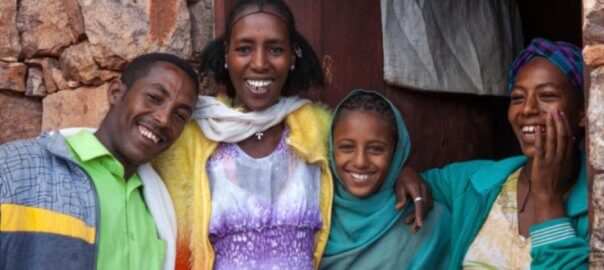As many will know the big fasting season in Ethiopia started this week on Monday. Fasting is appears in many religions around the world. But in the west its has lost its rigour for most people. However in the Ethiopian Orthodox church there are many fasting days through the year. In fact a strict observer of all fasts would be vegan for half the year. The longest of the fasts is Hudadi or the Abiy Tsom, as the lenten fast leading up to Easter is variously known, and the majority of followers of the Orthodox church fast these 55 days every year.
Why is it 55 days when in the western church it is 40 days? There are specific reasons for the addition of 2 weeks to the 40 day fast that many of which people are not aware.
The first week of Hudadi is known as the fast of Eraclius, a Byzantine Emperor who lived in 614 A.D. During his reign the Persians invaded Jerusalem and took the Cross of the Lord. Eraclius made an expedition to Persia and having defeated the Persians he took the Cross back to Jerusalem. The Christians in Jerusalem who were very happy because of Eraclius’s victory and the return of the Cross, dedicated the first week before Lent to be the fast of Eraclius and included it in their canons. The last week of Lent is Passion Week which remembers the Apostles who fasted in commemoration of Christ’s Passion.
To the Ethiopian Orthodox Church, Hudadi is a period of fasting when the faithful undergo a rigorous schedule of prayers and penitence. This fast is observed with greater rigour than any other fast and it is a test of one’s spiritual strength and resolve. Properly observed it is believed to nullify sins committed during the rest of the year.
 The fast if strictly followed, is applicable to all persons older than 13 years of age
The fast if strictly followed, is applicable to all persons older than 13 years of age
involves abstinence from:
- meat, dairy products and eggs (and many will abstain from fish too);
- instead, cereals and vegetables will be consumed;
- only one meal (vegan) a day is eaten, taken in the evening or after 3:00pm (when church services end). Before that no food, drink nor even water is to be consumed;
- starting on Good Friday to Easter Sunday (i.e. late on Saturday night), there is total abstinence nothing taken maybe eaten nor drunk.
- on other Saturdays and Sundays during Lent, eating breakfast is allowed;
- Daily Services are conducted in all churches from morning to 2:45pm;
- Priests regularly attend night services starting at midnight up to 7am.
(More details can be seen here)
For the visitor to Ethiopia a wonderful array of fasting foods is served up on enjara – just ask for: – ‘ye tsom bayenetu’. You may also get a wonderful fried fish (probably Tilapia) ‘asseh‘. Enjoy!
Tesfa Tours will happily recommend good fasting restaurants in Addis, and take you there as part of a city tour.
This is also a great time to travel around the country if you are vegetarian, as there will always be a veggie option. Out of the big cities vegetables maybe a bit limited, but the staples of shiro (a ground chickpea sauce) and lentil (misser). But immediately following Easter even Wednesday and Friday fasting is put to the side as many people eat meat whenever they can.

